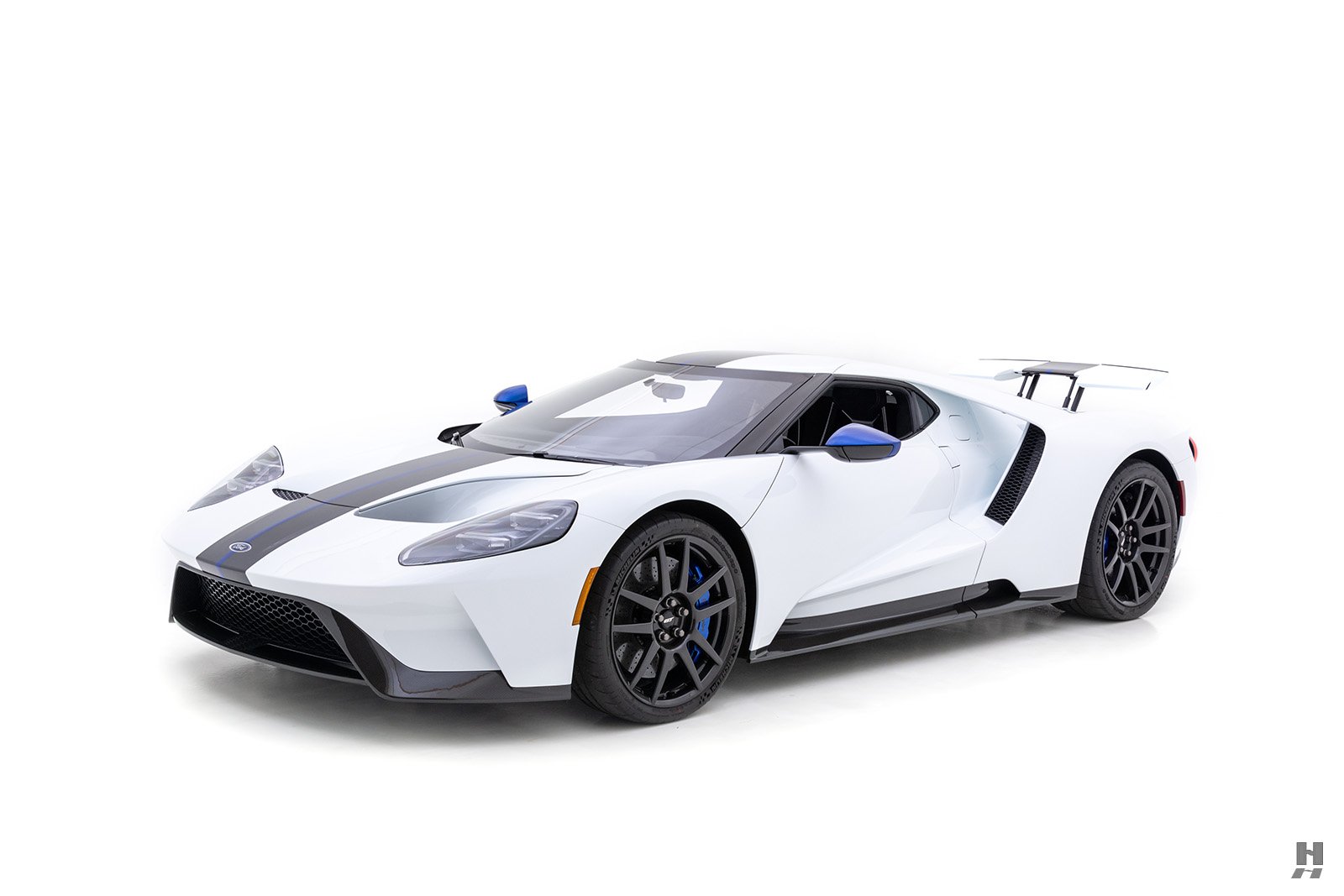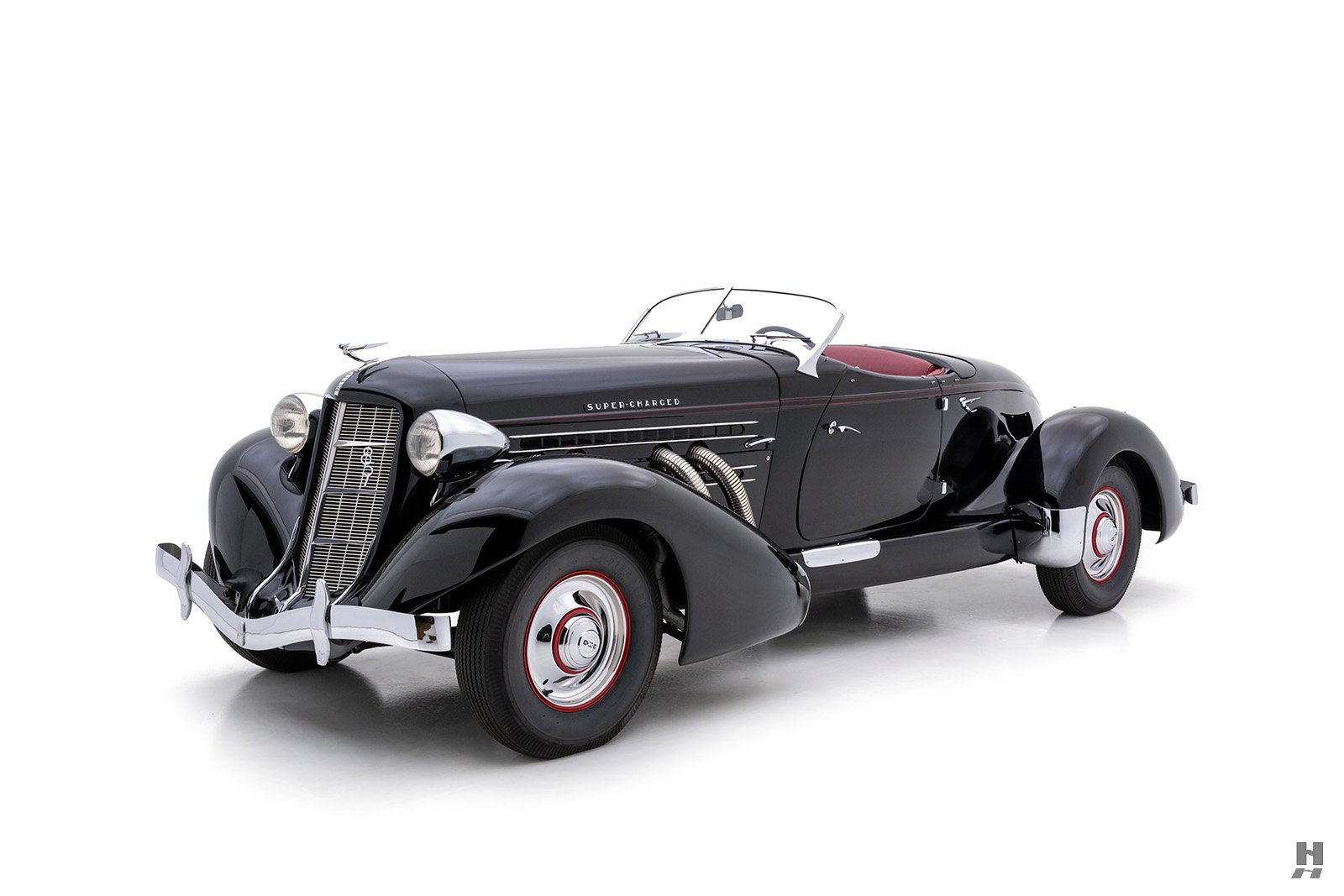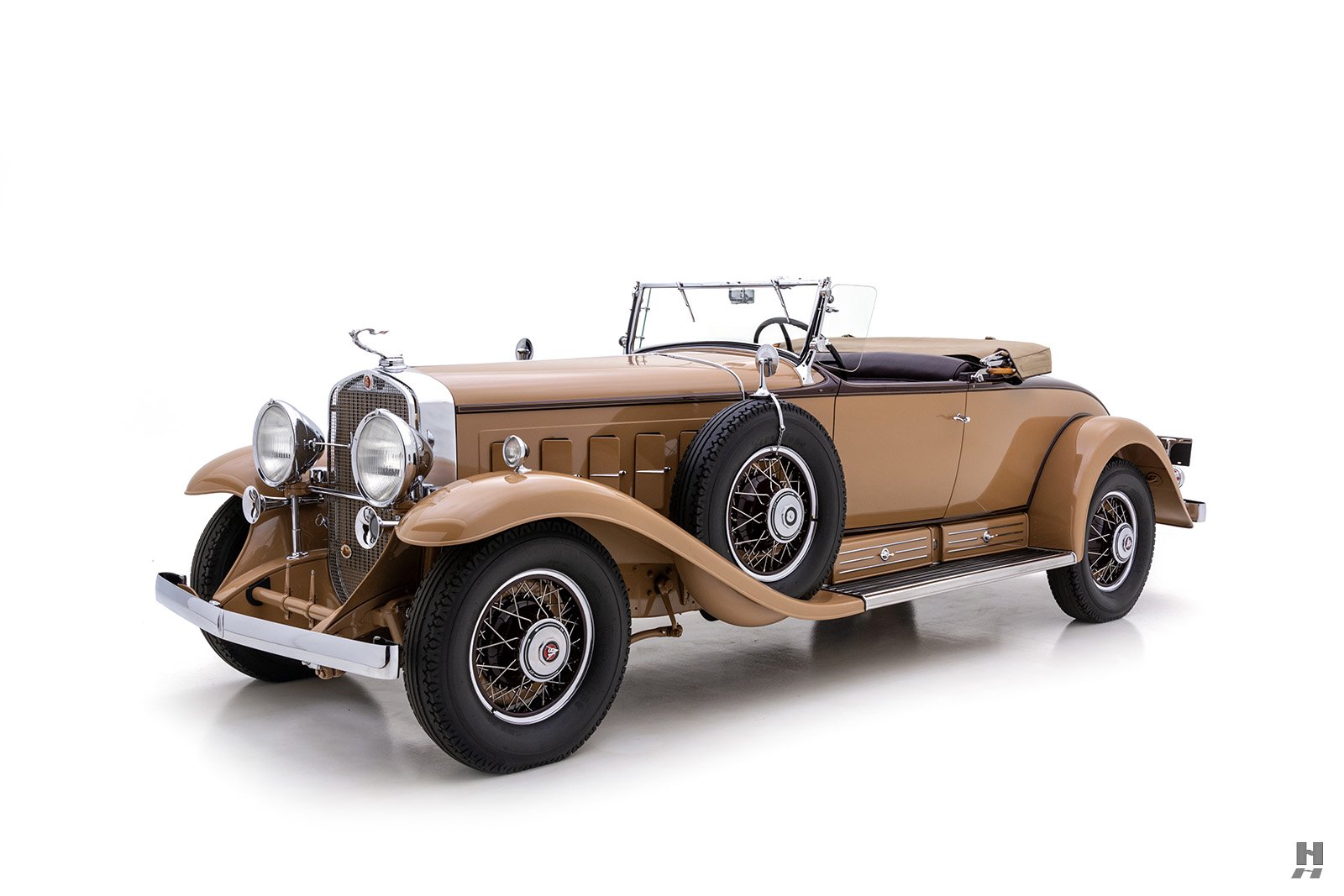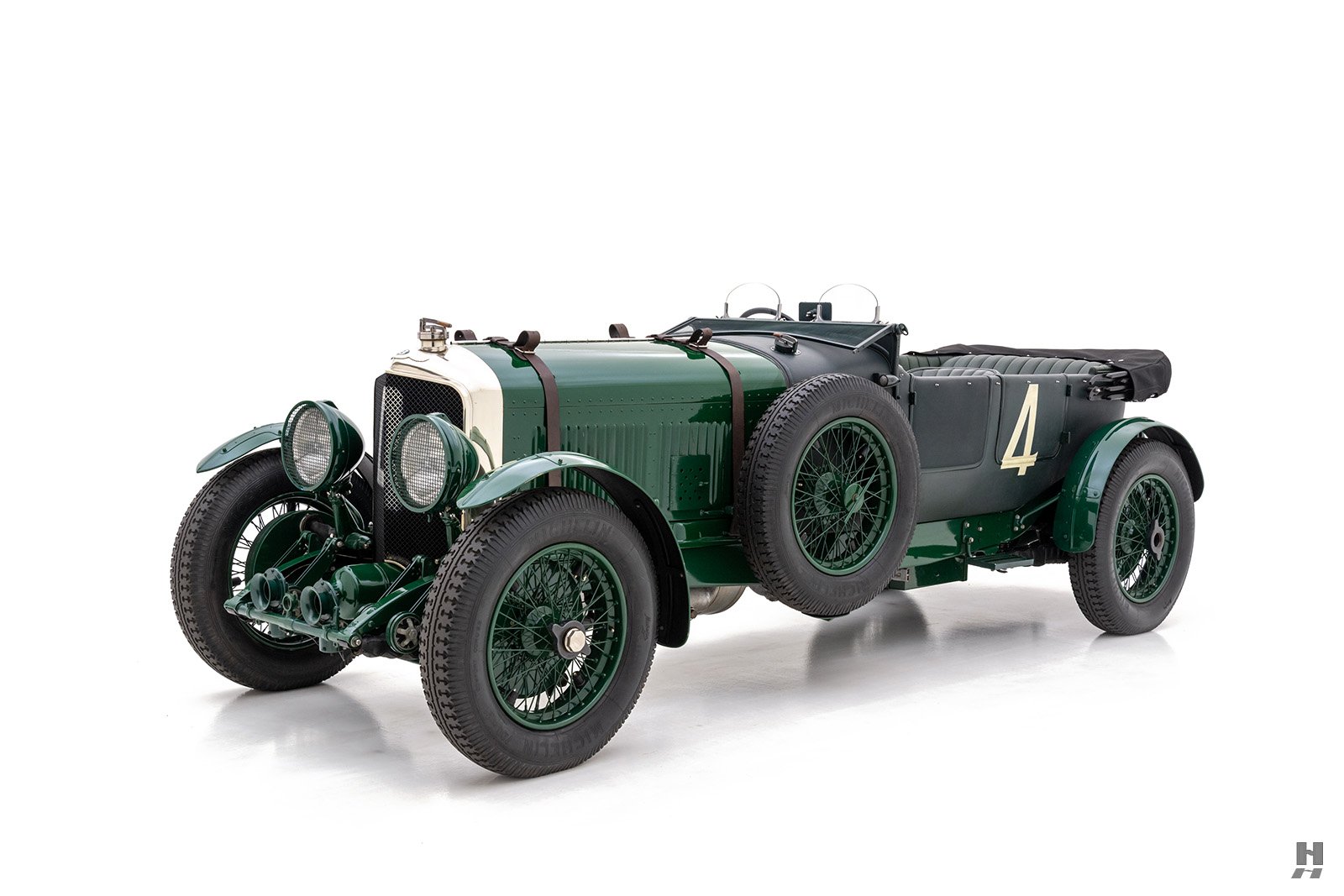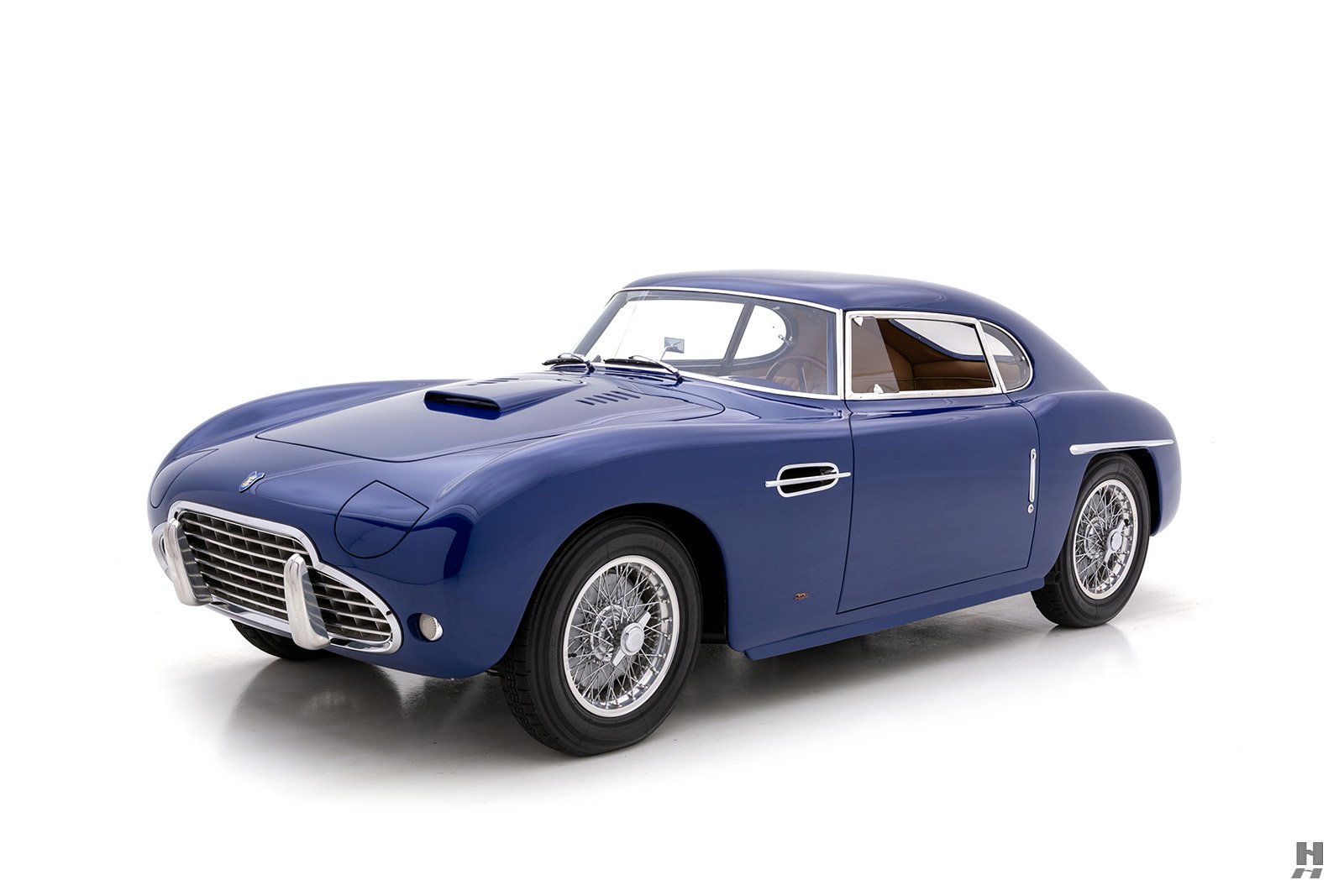Regarded the most ambitious prewar Rolls-Royce chassis, the Phantom III, often dubbed “P-III,” entered design and development in 1935, and it was the last new Rolls-Royce model developed during the lifetime of legendary engineer Henry Royce, who passed away in 1936 aged 70. The Phantom III also remains historic as the only V-12 model offered by the revered British luxury marque until the advent of the Silver Seraph in 1998. An unqualified technical tour de force, the Phantom III continues to be regarded by Classic Era collectors and experts as one of the finest multi-cylinder automobile designs of its time and beyond.
Displacing 7.3 liters, the V-12 Phantom III engine was state-of-the-art, reflecting the latest thinking and echoing the layout of the powerful V-12 aero engines that would soon earn everlasting fame for Rolls-Royce in the heroic defense of Britain yet to come. Advanced features of the Phantom III V-12 engine included aluminum cylinder heads with overhead-valve architecture and a one-piece aluminum-alloy cylinder block incorporating cast-iron wet cylinder liners. Twin ignition and an early form of self-adjusting hydraulic valve tappets, the latter used for 1936-37, were other engineering innovations ushered in by the Phantom III.
The Phantom III chassis was offered in a single 142-inch wheelbase length, ideal for a wide array of custom coachwork. The PIII frame featured a rigid cruciform-braced, box-girder design, with American GM-style independent front underpinnings and proven semi-elliptic leaf springs to the rear. A four-speed manual gearbox allowed drivers to fully exploit the powerful V-12 engine’s power band and included desirable synchromesh operation on the top three gears. Among its many notable “firsts,” the Phantom III broke new ground as the first British motorcar produced with driver-controlled hydraulic shock absorbers. Rated at 165 horsepower, the V-12 engine of the PIII enabled the carriage of some of the most opulent and beautifully styled custom coachwork available and the ability to approach 100 miles per hour on command. In sum, Rolls-Royce engineers spared no effort to ensure the Phantom III chassis was the ultimate in terms of refinement and technical sophistication on all counts.
Code-named “Spectre” during its development cycle, the Phantom III chassis debuted at the 1935 Olympia Motor Show and garnered immediate acclaim from industry critics and well-heeled buyers. Phantom III chassis production commenced in 1936 and officially ended in 1939, with one final chassis constructed in 1940 and remaining chassis still being bodied and delivered in 1940 and 1941. Interestingly, due to the privations of wartime in Europe, the final PIII chassis was not supplied with a body to its owner until 1947 – a fitting swan song to the advanced and majestic Rolls-Royce chassis that bridged the immediate Pre- and Post-war eras. In a testament to its grandeur and robust design, the Phantom III gained new admirers during the 1960s as the favored mount of Auric Goldfinger, Ian Fleming’s supervillain of James Bond novel and movie fame, who transported stolen gold around Europe with his murderous, yet well-mannered sidekick Oddjob serving as chauffeur.
Blessed with exceptionally well-detailed provenance from new, this 1937 Rolls-Royce Phantom III is one of just 727 chassis produced and marks a genuinely thrilling find for marque collectors and enthusiasts alike. Bearing Chassis Number 3BT149, it retains its original V-12 engine, E58X. It also has its original and decidedly sporting two-door, “four-light” Sedanca de Ville body by Barker, bearing number 7296. Recorded “off-test” on April 27, 1937, 3BT149 was completed and delivered new on September 8, 1937, to Thomas John Hughes, a Solicitor resident in Grosvenor Square, London, and registered ‘EGX1’ under him. Given its production timeframe, the body for 3BT149 was consequently one of the last created by an independent Barker prior to its takeover in 1938 by rival firm Hooper.
Mr. Hughes faithfully retained 3BT149 until May 1959, when he sold it via Rolls-Royce dealer Paddon Bros. to the colorful American bank president and prolific classic-car collector Mills B. Lane of Atlanta, Georgia. Registered ‘WYF III,’ the Phantom III was humorously dubbed “The Third Wife” by Mr. Lane, who kept the Phantom III in England, where Paddon Brothers cosmetically restored it. Among the items addressed, BT149 was retrofitted with a spare wheel/tire and spare-tire carrier to the passenger side, fitted with new tires, equipped with new carpeting, and the interior was comprehensively detailed. A new Everflex removable front-roof cover was also assembled and installed, and the body was stripped, prepared, and refinished in Rover Donkey Brown to the body, and the wheel discs and spare wheel covers were painted Austin Farina Grey.
Interestingly, the new exterior color combination was suggested by none other than award-winning designer Count Alexis de Sakhnoffsky, who had relocated to Georgia and forged a friendship with Mr. Lane during the early 1960s. During this period, shortly before the Count’s eventual passing, he created a series of beautiful watercolors depicting the beautiful motorcars, including 3BT149, that formed the Lane Collection. Featuring de Sakhnoffsky’s colors, 3BT149 was exhibited by Mr. Lane at a Rolls-Royce rally held at Blenheim Palace, where its next owner first encountered the unforgettable P III.
The P III was exported to the United States in 1961, and the Mills Lane Collection was sold by auction in 1965. However, 3BT149 passed unsold and was eventually in the hands of a dealer in Nebraska, through whom it was purchased in 1967 by its next owner, a confirmed Rolls-Royce collector, enthusiast, and expert, who would retain and cherish 3BT149 for the next 55 years. During that time, the Phantom III participated in CCCA CARavan tours and was exhibited in numerous Concours and Rolls-Royce Owners Club events. The Phantom III was also a virtual fixture in print publications, including Rolls-Royce Owners Club magazine, The Flying Lady, and The Classic Car, published by the Classic Car Club of America (CCCA).
A fabulous and fascinating example of the flagship, 7.3-litre twelve-cylinder Phantom III, 3BT149 remains simply captivating with its older yet well-preserved restoration. Cherished by just three long-term private owners, meticulously restored, and lovingly maintained through the years, 3BT149 is now wonderfully mellowed with a highly pleasing patina and is ideal for enjoyable classic tours or casual shows. Importantly, the V-12 runs exceptionally well, with the power and refinement expected of a dialed-in Phantom III. Service records as recent as mid-2022 show the critical cooling system is in good health. A former show car that stands tall as a fine classic touring car, this marvelous Phantom III is accompanied by most of its factory tool kit still in place, plus an owner’s handbook and a wealth of documentation confirming its outstanding provenance. A truly rare and distinctive Phantom III, 3BT149 remains a beautiful example of Barker’s renowned coachbuilding prowess and the engineering excellence of Rolls-Royce.
Offers welcome and trades considered
$295,000
Stock number 7371
For immediate assistance please call us at +1-314-524-6000 or please fill out the following form and a member of our team will contact you.




































